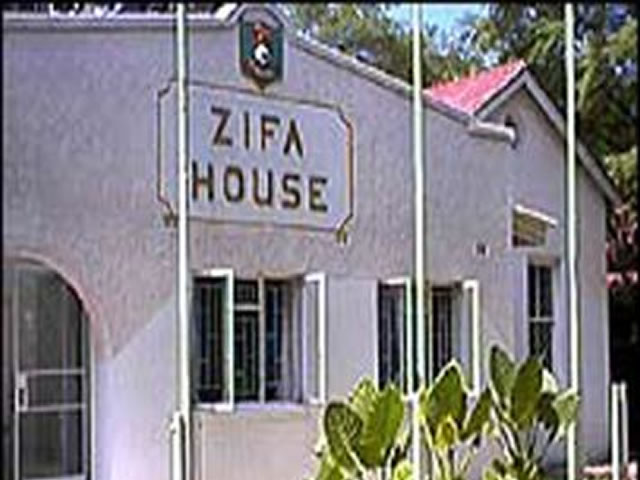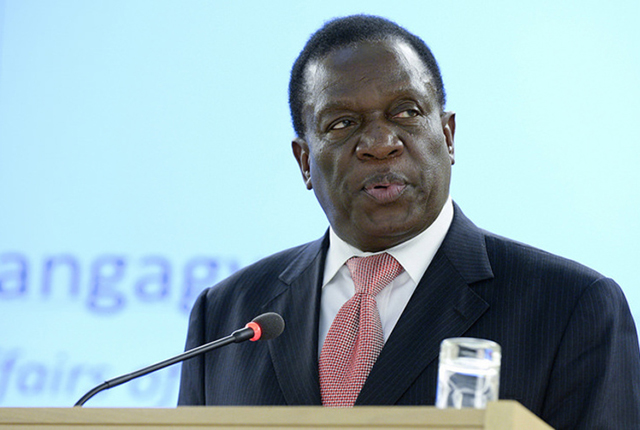South Africa today, the script unfolds . . .
Udo Froese: Correspondent
South Africa’s recent election outcome with the ruling African National Congress (ANC) having lost hundreds of thousands of votes came and went as no surprise. One of the major reasons seems to be, as repeatedly documented, the ANC has become insensitive to the poor majority. It has to urgently redefine itself.It will have to act on, for example, the e-tolls system and do away with rightwing policies forthwith. In fact, the ANC and its government will not get away without a high-quality, effective and efficient intelligence force, a force similar to that of Zimbabwe.
ESKOM, Rand Water and the Traffic Departments are all in serious need of honest, hands-on management. Outsourcing has become a swear word and should be treated as such, because it is a serious root of corruption.
About 30 years ago, a group of well-qualified senior ANC intelligence officers read the strategy of the racist-apartheid Nationalist Party (NP) regime then, which was fully backed by the West.
A small group of senior ANC NEC members explained under the condition of anonymity:
“The White NP regime together with the owners of the economy collaborated as ‘architects of apartheid’. Their strategy was to unban the ANC, SACP, PAC, Cosatu and all its affiliates, to put together a multi-party democracy, as they had done in the late 1970s in occupied Namibia. Their “democratic model” would be a two-tier system, similar to the old Roman structures”.
“Their two-tier system would include a host of strategic structures such as the NP’s “regional governments”; the Progressive Federal Party (PFP)-Democratic Alliance (DA) “federal system”, which mischievous armchair academics describe as a ‘Swiss Canton model’; the Inkatha Freedom Party (IFP) called it the ‘con-federal system’ with the IFP ruling KwaZulu-Natal on its own and the apartheid-homeland leaders like general Bantu Holomisa and Lucas Mangope, who would call that system ‘bantustans’.
“The above would leave the ANC, SACP, SACTU, Cosatu on the outskirts of the corridors of government. Like Swapo party in Namibia, that was strongly against South Africa’s NP regime’s dictate with its huge host of 149 political parties then, competing against incoming Sswapo, the ANC intelligence officers and strategists were directly opposed against a similar strategy for South Africa.
“Whittling down support of both liberation movements would create inflated and hugely expensive provincial governments with nine ministers and their staff complement for as many portfolios. This strategy would lead to ‘consumption expenditure’ instead of ‘infrastructural development expenditure’”, this writer was told.
As it is today, the Treasury pays 55 percent of the annual national budget towards the nine provincial administrations. If only a two-thirds majority in parliament would allow the number of provinces to be reduced to four, maximum five provinces, then central government and its treasury would simply have to cut its budget for the provinces.
The ANC team of strategists and intelligence officers also warned that the Western Cape would be won by an apartheid-colonial NP-alliance.
That structure would establish a corridor through to the Free State province and its capital, Bloemfontein. The Gauteng province would fall to the same DA conglomerate by 2019. Will the Gauteng province ever return to the ANC mold again?
In the above context, it is small wonder that ANC strategists and intelligence officers were not at all surprised at the local government elections outcome. In fact, the late Chris Hani did not support the regional government system in any way.
As revealed to this writer: “During the Codesa negotiations in 1994, the international West had forced the ANC team to adopt the secret ‘sunset clauses’, as developed by FW de Klerk and Joe Slovo.
“The alternative was that the racist-apartheid regime threatened, it would kill millions of native South Africans in their townships by dropping nuclear devices on them.”
The same ANC intelligence officers further warned against “Chris Hani being murdered, as he stood in the way of the covert plotters. The enemy’s covert operations were to kill Hani, as he was intelligent and not corruptible. He understood the enemy tactics too well, including those of certain suspicious ANC leaders and insiders”, this commentator was told.
“The above-mentioned report included that covert operations would follow Hani’s murder up by character assassinating Thabo Mbeki and Jacob Zuma. Both were described as easy targets, as one had a drinking problem and the other a problem with women and money.
“Such character assassinations could lead to self-destruction. The ANC intelligence had warned the movement about such nefarious activities some 30 years ago.”
Recalled Thabo Mbeki met the Economic Freedom Fighters leaders on the eve of the elections. He also did not attend any of the “star rallies” of his ruling party and avoided to go onto the campaign trail.
When interviewed whom he would vote for, if, he expressed his abhorrence over corruption. Mbeki hinted about his vote and said: “The electorate would have to follow its conscience.”
Did it not actually send a message to the ANC members not to vote?
The revered, late ANC president in exile, Oliver Reginald Tambo, maintained that no living being would be stronger than the ANC.
The late ANC and country president Nelson Mandela, is on record having said in 1993 before he was elected as president of a new South Africa: “If people relax their vigilance, they will find their sacrifices have been in vain. If the ANC does not deliver the goods, the people must do to it what they have done to the apartheid regime . . .”
What is it that both above-mentioned leaders knew then already, that the rest of the leadership and its voters have not been exposed to?
Internationally renowned researcher, author and journalist Professor John Pilger commented: “The economic ‘growth’, which Nelson Mandela applauds, was once described by Joseph Schumpeter, the doyen of Harvard economists, as ‘creative destruction’.”
South African businessman Mzi Khumalo comments: “Three ways the white minority has outsmarted the native black majority in the democracy numbers game are:
(i) They concentrated their numbers into the Western Cape and secured themselves a dominion. (This is similar to Namibia’s secessionists of the Caprivi Strip, which was argued and punished as “high treason”, this writer.)
(ii) They follow the divide and conquer strategy by promoting the EFF through the corporate mainstream media cartels and fund it to dilute the impact of black unity.
(iii) They then convinced ANC voters that (President) Zuma is unacceptable to vote for, while convincing their most racist voters to vote for the DA, even if their leader is black.”
“It’s not the ANC, who must smell the coffee, because they will lose power. It’s the black voter who must smell the coffee, or lose political expression,” Mzi Khumalo explains.
Have power, patronage, resources and subsequent arrogance destroyed the ANC elite?
Have the academic and corporate mainstream media cartels’ propaganda war waged against the ANC, eventually contributed to the ANC’s demise?
Would the ANC be reduced to a rural political party by 2019, whereas the DA and its coalitions would ascend to become a multi-party, urban conglomeration, ruling South Africa?
In fact, the DA did not make any progress in these last elections. The ANC regressed, as voters simply did not vote. The DA rides on a tribal ticket to split the ANC.
Have certain ANC factions lobbied with outside interest groups to accept a “30-year-plan” to divide the amaZulu from within the ANC?
Senior ANC NEC sources under the condition of strict anonymity expect, “The funds for the EFF would be re-directed away from a dwindling Congress of the People (COPE) to the Economic Freedom Fighters (EFF), to capture the youth and assist the DA in its move to enter the native black living areas.
“But, once the EFF tastes power, it will self-destruct. It will be then that the former racist-apartheid NP and owners-of-the-economy’s offspring, the DA, will have used the EFF to its hilt and spit it out.”
South Africa’s judiciary would play a major role, as it slipped through the back-door into the corridors of political power. The liberal abuse of the constitution has already become the order of the day.
The electorate seems confused about who actually wields power in South Africa. However, the electorate understands the problems of the ANC leadership.
The election outcome unfolded exactly as analysed above.
Udo W. Froese, non-institutionalised, independent political- and socio-economic analyst and published columnist, based in Johannesburg, South Africa. Twitter handle: @theotherafrika. Follow blog: www.theotherafrika.com










Comments